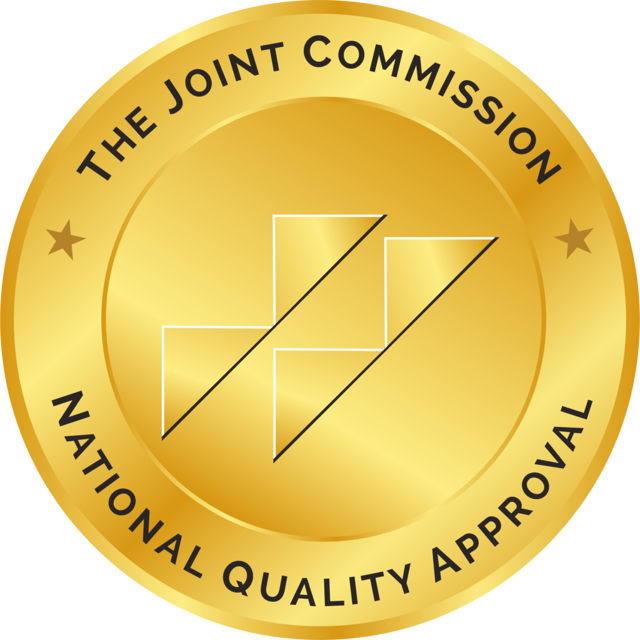
Specialty Care
Infusion treatments, whether at home, in a healthcare clinic or other non-hospital setting, require highly trained Specialty Care nursing and pharmacy support. Trust becomes essential for these higher-risk infusion therapies that require ongoing care.

Clinical Nutrition
Nutrition plays an essential role in sustaining quality of life for those who require care for complex conditions. Pentec Health provides personalized clinical nutrition solutions and superior community-based care.

Disease States
Managing the multifaceted needs for a variety of conditions requiring clinical nutrition and specialty care therapies, services and products. This includes patients with kidney disease, kidney failure, chronic, non-healing wounds, gastrointestinal conditions, rare metabolic disorders, chronic pain, muscle spasticity or cancer within or that has metastasized in the liver.

Continuing Education
By leveraging decades of clinical expertise, we are able to successfully demonstrate our industry leadership through webinars, speaker programs and research studies. We take pride in sharing valuable insights that enhance clinician education and practice.

Patient Resources
We are committed to supporting patients by empowering them with knowledge and resources needed to navigate their healthcare journey with confidence.

Pentec Health
Pentec Health is a national leader in clinical nutrition and specialty care integrating pharmacy services with clinical excellence to enhance the complex care journey.

What are medical foods, and who needs them?
For individuals living with certain medical conditions, achieving proper nutrition through regular food alone can be challenging or even impossible.
When the body's ability to process, absorb, or utilize nutrients is compromised by disease, medical foods step in to provide precisely formulated nutritional support. Medical foods offer specialized solutions designed to address the unique dietary requirements that standard foods and supplements cannot meet.
Medical foods vs supplements, what is the difference?
According to the FDA definition of medical foods, these products are "a food which is formulated to be consumed or administered enterally under the supervision of a physician and which is intended for the specific dietary management of a disease or condition for which distinctive nutritional requirements, based on recognized scientific principles, are established by medical evaluation."1
Unlike over-the-counter supplements, to be classified as a medical food, a product must at least:
- Be a food for oral or tube feeding.
- Be labelled for the dietary management of a disease, condition, or medical disorder.
- Be labelled to be used under medical supervision and distributed by a healthcare facility.2
Medical foods are designed for specific medical conditions that cannot be managed through diet modification alone. Medical foods come in various forms, including powders, liquids, nutrition bars, and specialized low protein foods like pasta and bread. Each product contains precise nutrient profiles, ingredients, and proportions tailored to meet individual patient needs as part of comprehensive medical nutrition therapy.
Categories of medical foods
Medical foods can be broadly categorized based on their therapeutic purpose and nutritional composition:
A. Nutritionally complete formulas
B. Nutritionally incomplete formulas
C. Formulas for metabolic disorders
D. Oral rehydration products2
These can be further split into categories, such as these examples:
- Protein-modified products - designed for conditions requiring amino acid restrictions or specific protein profiles.
- Fat absorption enhancers - formulated to improve nutrient uptake in patients with malabsorption disorders.
- Electrolyte and mineral supplements - targeting specific metabolic deficiencies.
- Carbohydrate-modified formulations - for conditions affecting glucose metabolism.
- Comprehensive nutritional formulas - providing complete nutrition for patients unable to meet their needs through a regular diet.
Conditions requiring medical foods
Medical foods address nutritional needs across numerous medical conditions where standard dietary approaches prove insufficient:
Gastrointestinal disorders include conditions like short bowel syndrome, cystic fibrosis, and exocrine pancreatic insufficiency, where patients struggle with fat malabsorption and require specialized formulations to enhance nutrient absorption.
Inherited metabolic disorders such as phenylketonuria (PKU), homocystinuria (HCU), and
maple syrup urine disease (MSUD) require precise amino acid management through medical foods and low protein alternatives to prevent metabolic complications. The first medical foods were classified as being for the treatment of these diseases and designated as drugs until they were reclassified by the FDA in 1972.2
Neurological conditions, including certain forms of epilepsy, may benefit from specific medical foods that support neurological function and complement medical treatment.
Chronic kidney disease often requires protein-modified nutrition to reduce metabolic burden while maintaining adequate nutrition.
Critical care nutrition addresses the specialized needs of patients with conditions like trauma, burns, or prolonged illness who require precise nutritional support for recovery.
Specialized support services
For patients with gastrointestinal conditions, Pentec Health provides medical foods along with insurance navigation and clinical nutrition support.
For those with inborn errors of metabolism, ZOIA Pharma, a PentecTM Company, offers specialized medical foods and low protein products specifically designed for the rare disease community.
The path forward
Medical foods represent a critical bridge between standard nutrition and pharmaceutical intervention for patients with complex metabolic and gastrointestinal conditions.
By providing precisely formulated nutrition under medical supervision, these products enable patients to manage their conditions effectively while maintaining quality of life. For patients and families navigating these challenges, partnering with specialized providers like Pentec Health and ZOIA Pharma ensures access not only to vital medical foods but also to the comprehensive support systems necessary for successful long-term management.
- Program, Human Foods. ‘Medical Foods Guidance Documents & Regulatory Information’. Food and Drug Administration, Food and Drug Administration, 01 Mar.2023,https://www.fda.gov/food/guidance-documents regulatory-information-topic-food-and-dietary-supplements/medical-foods-guidance documents-regulatory-information. Accessed 9 Sep. 2024
- Food and Drug Administration. Compliance Program Guidance Manual: Medical Foods Program – Import and Domestic. 7321.002. August 24, 2006. https://www.fda.gov/media/71685/download. Accessed 9 Sep. 2024

Proudly Quality Accredited
National Quality Approval
The Joint Commission

Accredited Practice Transition
Program With Distinction
American Nurses Credentialing Center

NHIA Provider Member
National Home Infusion Association Center
By using this website you accept our privacy policy. Choose the browser data you consent to allow:
